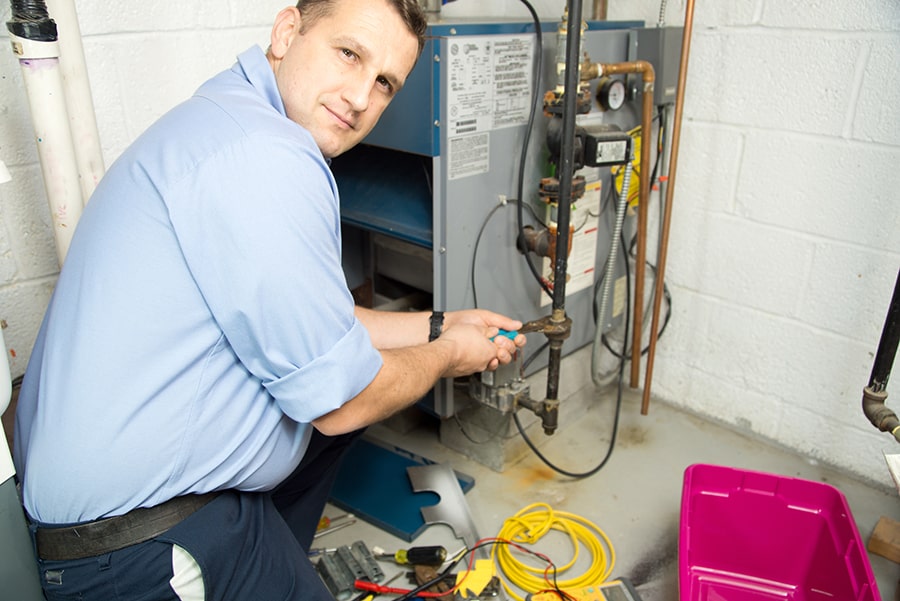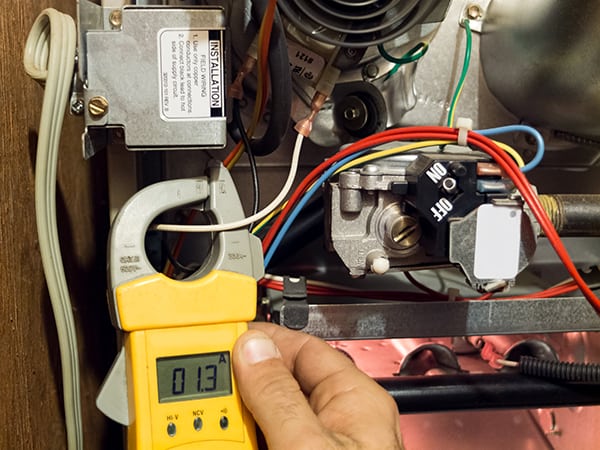Professional Furnace Installation Ensures Your Comfort
As seasons and daily weather conditions change, you find yourself in need of a way to regulate the temperature in your home and maintain a comfortable environment for everyone. It’s certainly unpleasant to have to bundle yourself up in blankets and wear almost as many layers of clothing inside your house as you do outside during the winter just to keep warm, or to pace restlessly from room to room, opening every window in sight or just staying outside for the greater part of the day because it’s unbearably hot inside during the summer months. The right heating equipment can effectively monitor and maintain the right temperature levels so that your family can be comfortable at all times.
Of course, not just any heating device will be able to work for your home — after all, every household will have its unique layout, number of residents, heating preferences, and budget requirements. The average homeowner won’t have extensive knowledge on the capabilities of the different furnaces available in the market today, let alone the correct procedures for installing them into a property. But your local HVAC specialists at TFF HVAC will be able to perform the appropriate furnace installation job for your needs.

Here are different considerations that your heating installation (San Jose) experts can point out to you as you work together to determine the best furnace unit to get:

The type of fuel used
Furnaces are typically powered by either oil or natural gas. The latter type of furnace is more common in homes today. Oil furnaces, on the other hand, were more popular in earlier times but may not be available in certain states. They are also considered less efficient compared to gas furnaces.
You can also opt to install an electric heat source, but these are generally ideal only for small spaces, and they can come with higher energy costs.
The efficiency of the unit
Furnaces are designed to have a specific percentage of efficiency. Older models are often given an 80% efficiency rating, which means 80% of the fuel is delivered to your home as heat, while 20% goes up the chimney as waste. Newer furnace models are rated at 90% or higher; the increased efficiency translates to lower utility costs.
Of course, higher efficiency doesn’t always point to the best unit for your particular situation. When it comes to repairs, for example, models with higher ratings may require more expensive repairs or replacement parts or services, which may not be right for your budget down the line.
The size of your property
Even the best quality furnace will not effectively heat your property if it is not the right unit for the size of your house. HVAC specialists will have proven ways of calculating the amount of space compatible to specific furnaces.
After determining the right furnace to purchase, your chosen professionals should take up the task of installing the unit instead of leaving it up to the DIY route. These experienced service providers will have the right hand and power tools to do the job, as well as the technical skills and precision for installing the equipment. Aside from that, your installers will have relevant experience in handling refrigerants, tying the furnace in with the house’s central air conditioner, plumbing, and other tasks related to working on connections and ductwork in the house.




